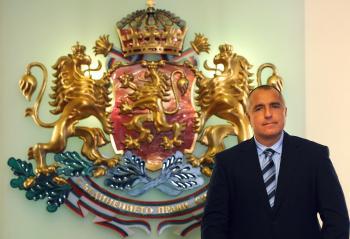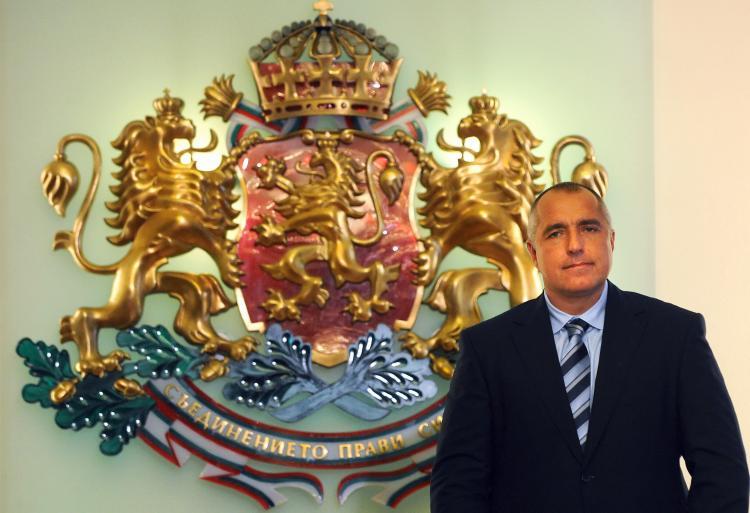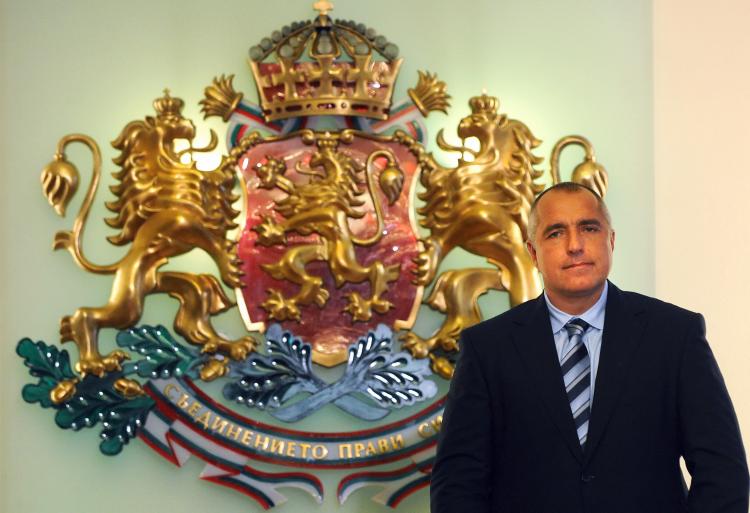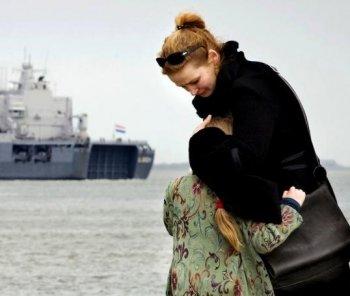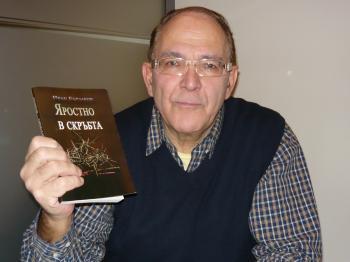VARNA, Bulgaria—Bulgarian Prime Minister Boyko Borisov ordered a halt of protocol and representative costs, which involve spending by the administration of the Council of Ministers on official visits and delegations.
Coffee, juices, candies, and alcohol that have so far been paid with state money will not be eaten or drunk in the ministries from now on. The PM also stopped money for flower arrangements and decorations.
Officials who had the right of representative costs, including Mr. Borisov himself, will from now on be deprived of it. Similar expenditures will from now on be out-of-pocket.
A report from the financial department of the Council of Ministers shows that so far the administration has spent US$5,200 per month for flower arrangements and for the office buffet. Mr. Borisov announced to the media that in a year, the Council of Ministers spent nearly US$74,000 on coffee, water, and flowers.
Mr. Borisov is insisting that all budget organizations limit to a maximum extent their representative costs.
Mr. Borisov told journalists that he intends to enact the same budget cutting with regional governors. His own calculations showed that reducing representative expenditures in ministries and regional administration offices will save the country over US$740,000.
Coffee, juices, candies, and alcohol that have so far been paid with state money will not be eaten or drunk in the ministries from now on. The PM also stopped money for flower arrangements and decorations.
Officials who had the right of representative costs, including Mr. Borisov himself, will from now on be deprived of it. Similar expenditures will from now on be out-of-pocket.
A report from the financial department of the Council of Ministers shows that so far the administration has spent US$5,200 per month for flower arrangements and for the office buffet. Mr. Borisov announced to the media that in a year, the Council of Ministers spent nearly US$74,000 on coffee, water, and flowers.
Mr. Borisov is insisting that all budget organizations limit to a maximum extent their representative costs.
Mr. Borisov told journalists that he intends to enact the same budget cutting with regional governors. His own calculations showed that reducing representative expenditures in ministries and regional administration offices will save the country over US$740,000.
